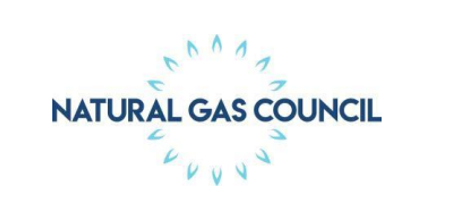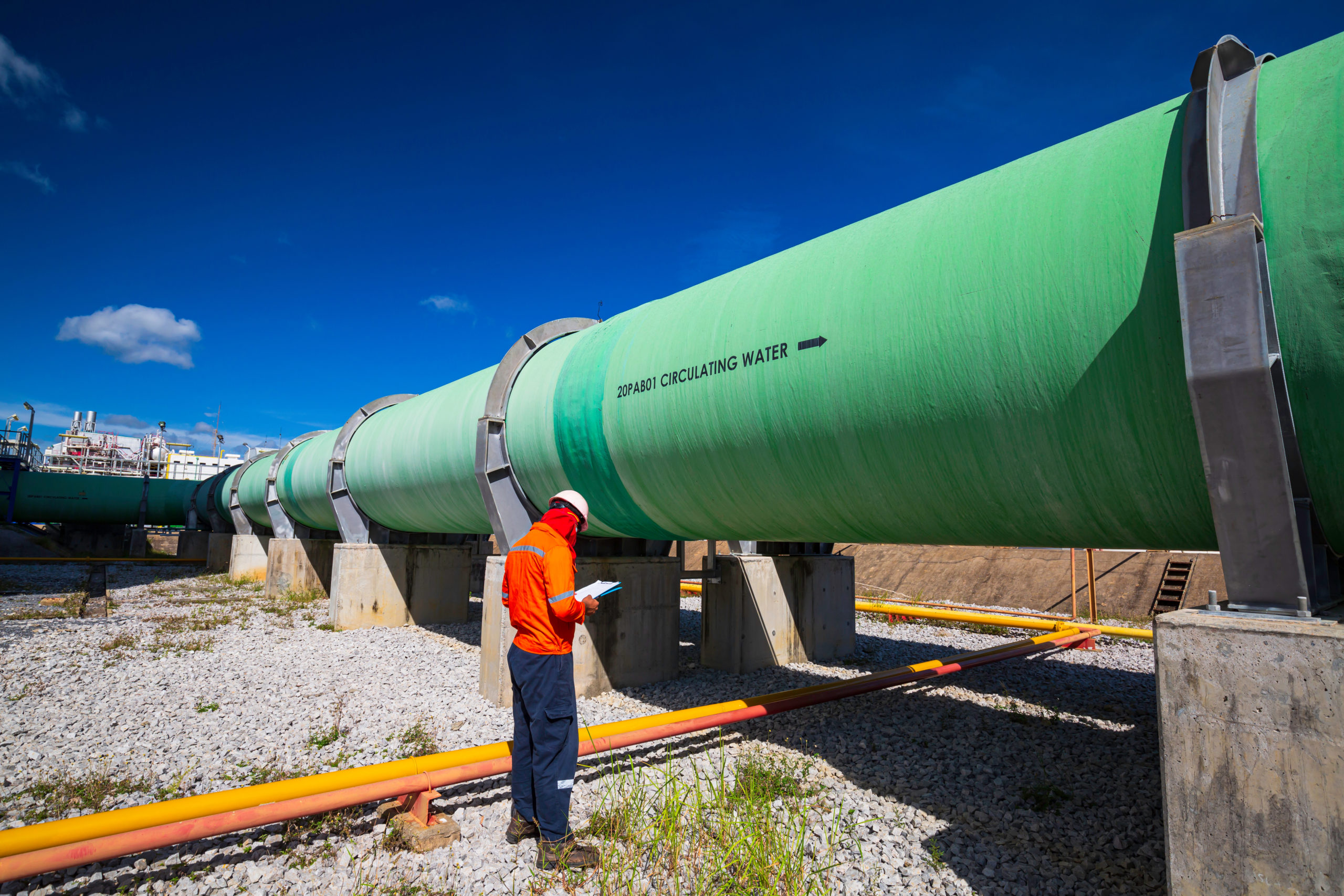Today, the Interstate Natural Gas Association of America, along with AGA, AFPM, API, PMAA and NOIA highlighted the steps that the natural gas and oil industry is taking to prepare its operations for the upcoming hurricane season and shared lessons learned and examples of the industry’s resilience from past hurricane seasons.
Rebecca Massello, INGAA Director of Security, Reliability and Resilience:
“The natural gas pipeline industry is already preparing for the coming hurricane season as we look back at some of the successes and lessons learned from recent years. The U.S. natural gas industry has a proven track record of reliability and resilience as demonstrated by the 2017 hurricane season, which despite its ferocity, saw few outages and minimal impacts on nationwide natural gas prices. Increased supply diversity from inland natural gas production coupled with the fact that nearly all U.S. natural gas is shipped through underground pipelines — which are largely protected from winds and flooding — helps ensure that pipelines remain reliable during extreme weather events. In addition, the natural gas delivery network, which includes varied sources of gas supply, multiple pipeline pathways between producers and consumers, and ample underground natural gas storage, provides multiple opportunities for work arounds if supply is disrupted during an extreme weather event. These design considerations coupled with regularly updated and tested emergency response plans help the natural gas pipeline industry prepare for and quickly recover from hurricanes and other events.”
Suzanne Lemieux, American Petroleum Institute Midstream and Industry Operations Manager:
“The safety of our workforce and the environment is paramount when preparing and responding to hurricanes. Further, ensuring a flexible and resilient energy infrastructure is critical to supplying consumers with the energy they need and demand every day. To prepare and respond to weather events, API works with federal, state, and local first responders and government officials to help promote safety and restore normal operations following a storm. Our industry has developed innovations, technology and knowledge from past big-weather events that has better prepared the industry to withstand future storms. As the 2018 hurricane season fast approaches, our industry stands ready to help ensure the safety of our workforce and the environment.”
Sherri Stone, Petroleum Marketers Association of America Vice President:
“Marketers work to keep all of their clients, including gas stations, convenience stores, truck stops and marinas fully supplied with fuel. Following a disaster marketers re-supply their clients as quickly as is possible. Marketers often take these services even further by helping to rebuild supply when there are declared emergencies in other parts of the country. The marketers who do this provide an invaluable service for their country, and we have put together a Disaster Fuel Response Program to connect companies looking for fuel during and following a disaster, with PMAA State Association member marketers and heating fuel providers who wish to provide the service. Use of this Program information will be a first as we completed the program following Hurricanes Harvey, Irma and Maria.”
Jeff Gunnulfsen, American Fuel and Petrochemical Manufacturers Director of Security and Risk Management:
"The refining and petrochemical industries practice emergency response, every day, 365 days a year. No two storms or emergencies are alike, and our industries prepare vigorously and consistently for all types of disruptions. Preparation is the first step in managing major events, and by working diligently with industry partners, we're able to minimize the impacts of unpredictable events."
Mike Bellman, American Gas Association Director of Operations and Engineering Services:
“Natural gas utilities have a proven track record of providing reliable service during hurricanes due to the fact that the natural gas pipeline network is predominantly underground and therefore remarkably resilient. Our preparations focus on customer and employee safety and being ready to restore service to individual homes and businesses when necessary. The American Gas Association offers a Mutual Assistance Program to members following any disaster or weather event that causes widespread interruption of natural gas service. This program helps provide personnel and equipment from unaffected natural gas utilities to help restore service safely and quickly. This program has not been needed since Superstorm Sandy as local natural gas utilities have been able to handle recovery in recent years by calling upon their internal resources.”
Tim Charters, National Ocean Industries Association Senior Director of Governmental and Political Affairs:
“At any given time, there are thousands of workers offshore producing energy and earning a living to support themselves, their families and communities. Despite the frequency and intensity of hurricanes and tropical storms in 2017, there were no reported deaths or injuries among offshore workers, no reported damage to offshore facilities and no reported spills from offshore facilities. This is a testament to how well the offshore industry prepares for and responds to hurricanes. While we are proud of the offshore industry’s safety, environmental and philanthropic record, natural disasters like Harvey and Nate also expose the vulnerability of America’s energy security. Due in part to poor energy policy, and political NIMBYism, America has placed the vast majority of our offshore energy eggs in one basket – the hurricane-prone Gulf of Mexico. Simply put, we dodged an energy security bullet during the 2017 hurricane season. By geographically concentrating our nation’s offshore energy production, the U.S. is rolling the dice when it comes to natural disasters. This is why we must ensure the continued development and production of our nation’s offshore energy resources from both inside of and outside of the Gulf of Mexico.”
|
Contacts: |
|||||||||
|
|||||||||
|
Michael Tadeo |
API |
202-682-8114 |
|||||||
|
Jake Rubin |
AGA |
202-824-7027 |
|||||||
|
Rebecca Adler |
AFPM |
202-457-0480 |
|||||||
|
Nicolette Nye |
NOIA |
202-465-8463 |
|||||||
|
Sherri Stone |
PMAA |
703-351-8000 |
|||||||







